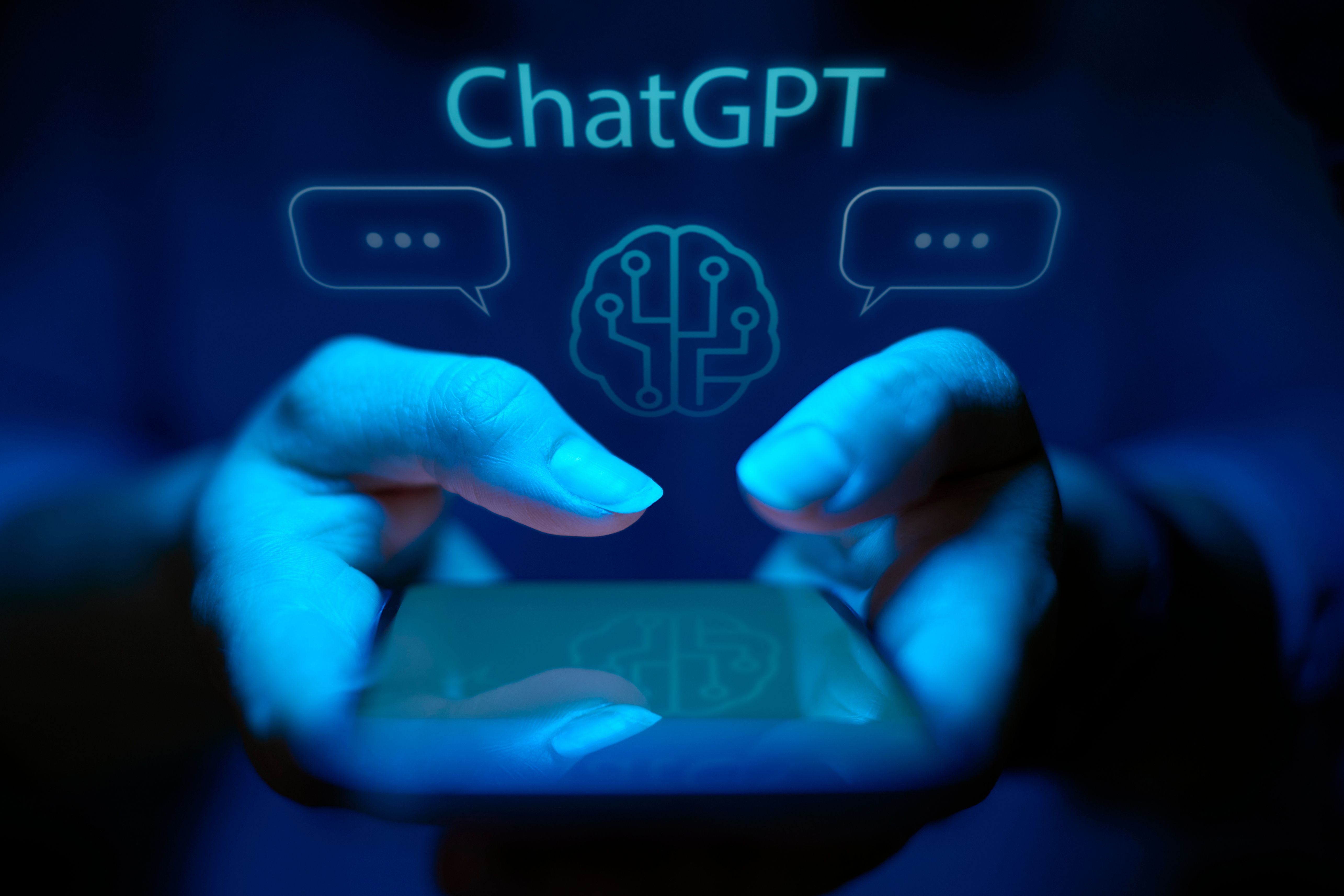
- Center on Health Equity & Access
- Clinical
- Health Care Cost
- Health Care Delivery
- Insurance
- Policy
- Technology
- Value-Based Care
Digital Tools Reduce Asthma-Related Emergency Visits, Accurately Debunk Allergy Myths
Posters presented at ACAAI 2023 Annual Scientific Congress assessed digital health tools to improve asthma self-management.
Two posters presented at ACAAI 2023 Annual Scientific Congress found digital health tools helped reduce asthma-related emergency visits and addressed common asthma and allergy myths when prompted.

The first study aimed to evaluate available digital health tools on the impact of self-management tools on health care utilization among a diverse group of patients.1
This randomized control trial included adults with commercial of Medicaid coverage from 41 US states who had an elevated risk for emergency department (ED) visits. Patients received either usual care or participated in a digital asthma self-management (DASM) program for 12 months. The DASM program used passive biometric monitoring through a smartphone app which provided “smart nudges”, symptom logging, trigger tracking, evidence-based education, and other resources.
A total of 901 participants enrolled in the study, with 71% female and the mean (SD) age was 36.6 (10.5) years. Of these patients, 22% were African American, 14% Hispanic/Latino, and 897 were included in the intention-to-treat subgroup analysis.
Patients in the Medicaid subgroup (n = 219) had a relative risk reduction in asthma-associated emergency visits by 43% (95% CI, 17.0-69.0; P < .01), with control (n = 108) and DASM (n = 111) patients had an average of 0.58 and 0.33 visits per patient-year respectively (4.1; 95% CI, 0.7-7.5). Therefore, the study showed that a DASM was able to reduce emergency visit rates for adult patients with asthma in a Medicaid population.
A second study aimed to assess the accuracy of artificial language model chat generative pretrained transformers (ChatGPT) in correctly identifying common allergy myths.2
Researchers of the study conducted a search through PubMed and Google Scholar databases to identify articles on common allergy myths between 2000 to 2023. A total of 10 myths were selected by convenience and entered into ChatGPT 4.0 with the prompt of “true of false.” The answers generated by ChatGPT were then graded by 24 allergists on a Likert scale between 1 to 4 for accuracy. Additionally, the allergists were asked about their likelihood of using ChatGPT for patient education using a Likert scale of 1 to 5.
ChatGPT had an accurate or somewhat accurate response in 91% of all cases and an inaccurate or somewhat inaccurate response in 9% of cases. The most accurate response (96%) was to whether a positive allergy test means a clinical allergy, whereas the response to if hypoallergenic animals were better for people with asthma and allergies was the most inaccurate (17%) and somewhat inaccurate (21%).
Furthermore, 18 (75%) of allergists reported they would be likely or very likely to use ChatGPT in future patient education, believing an accurate response was provided by ChatGPT for most of the presented myths.
However, the researchers acknowledge that more research is required to verify the validity of ChatGPT in providing accurate medical information on asthma and allergy.
References
1. Harris B, Silberman J, Sarlati S, et al. Digital asthma self-management tool reduced emergency visit rates in a medicaid population. Poster presented at: ACAAI 2023 Annual Scientific Meeting; November 9-13, 2023; Anaheim, California.
2. Estrada-Mendizabal R, Cojuc-Konigsberg G, Labib E, et al. Dear ChatGPT, should I get hypoallergenic dog?: Accuracy of ChatGPT for common allergy myths. Poster presented at: ACAAI 2023 Annual Scientific Meeting; November 9-13, 2023; Anaheim, California.
Telehealth Intervention by Pharmacists Collaboratively Enhances Hypertension Management and Outcomes
January 7th 2026Patient interaction and enhanced support with clinical pharmacists significantly improved pass rates for a measure of controlling blood pressure compared with usual care.
Read More
Telehealth Intervention by Pharmacists Collaboratively Enhances Hypertension Management and Outcomes
January 7th 2026Patient interaction and enhanced support with clinical pharmacists significantly improved pass rates for a measure of controlling blood pressure compared with usual care.
Read More
2 Commerce Drive
Cranbury, NJ 08512
AJMC®
All rights reserved.